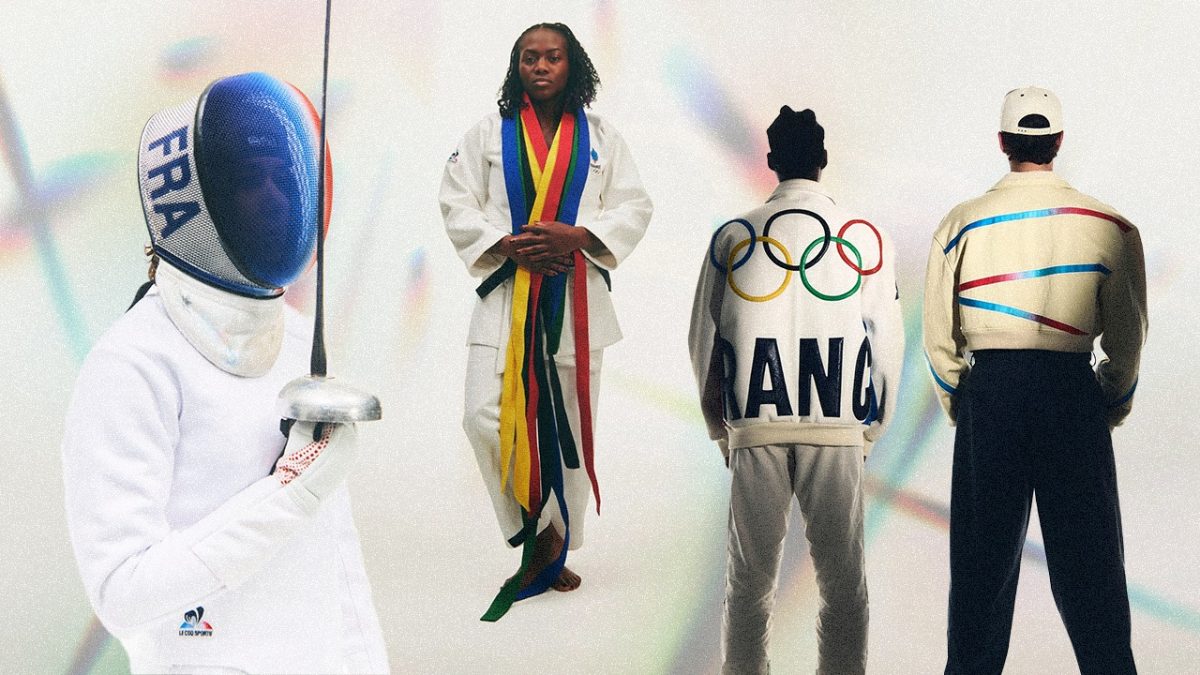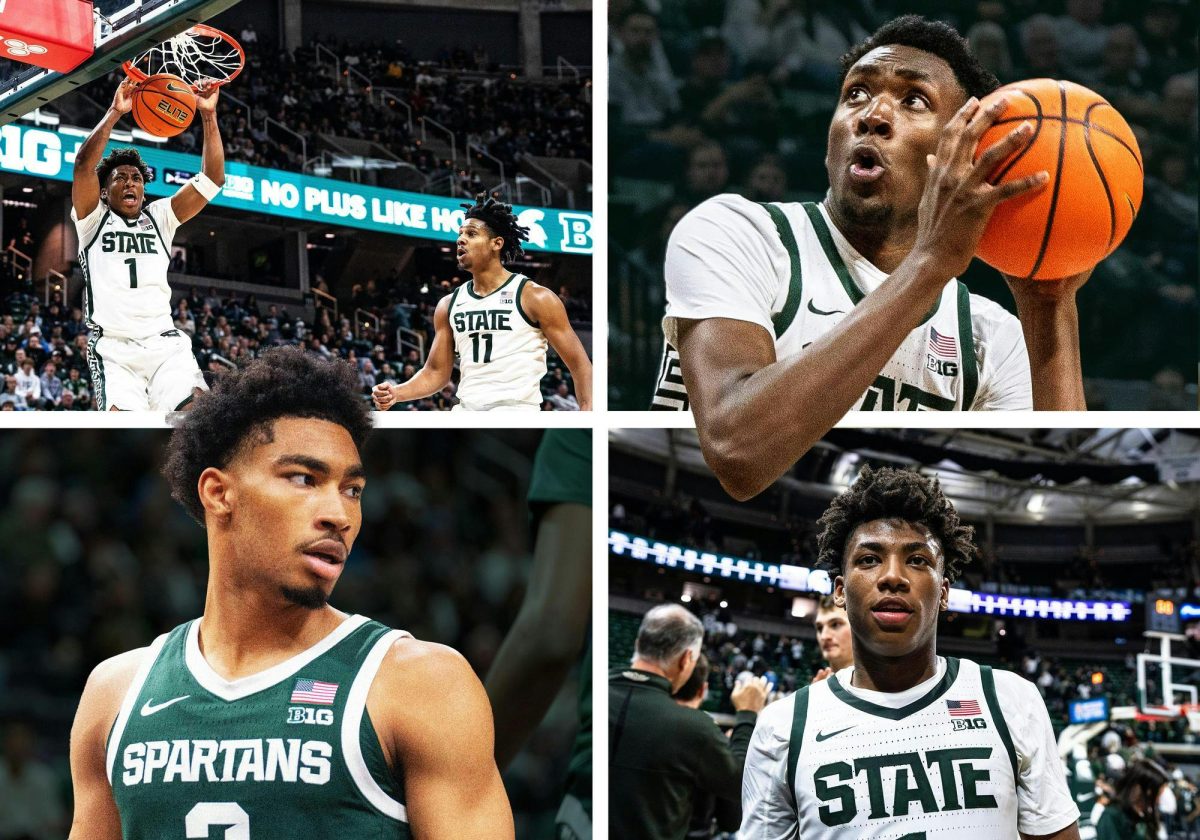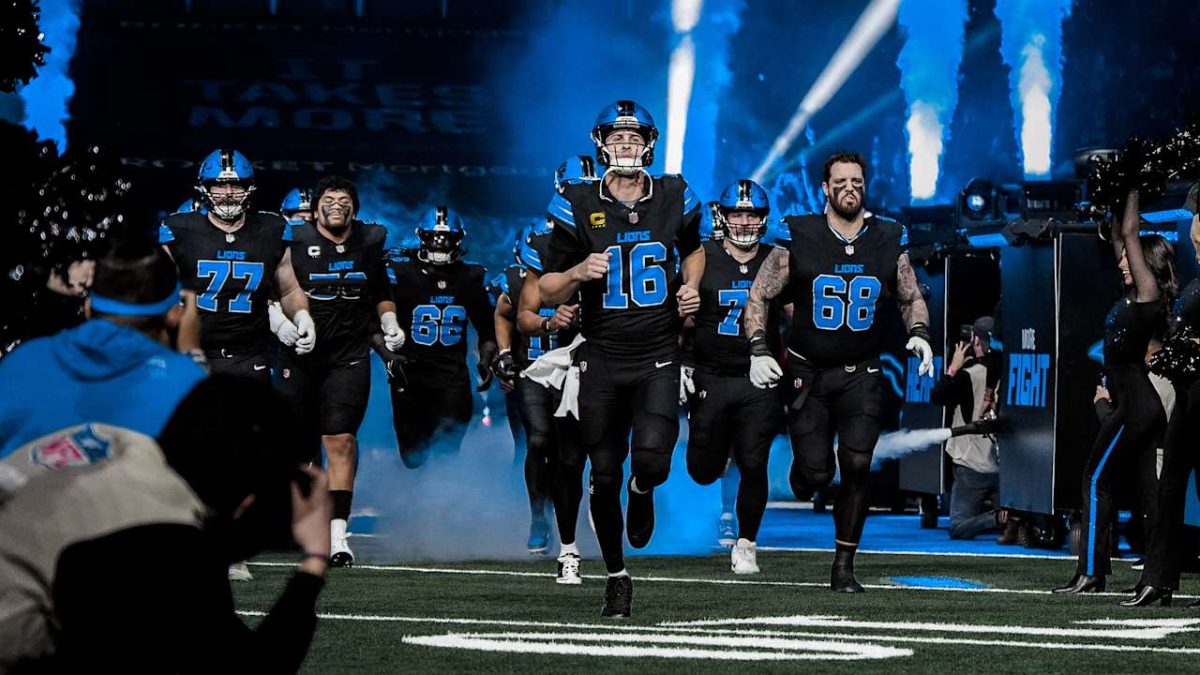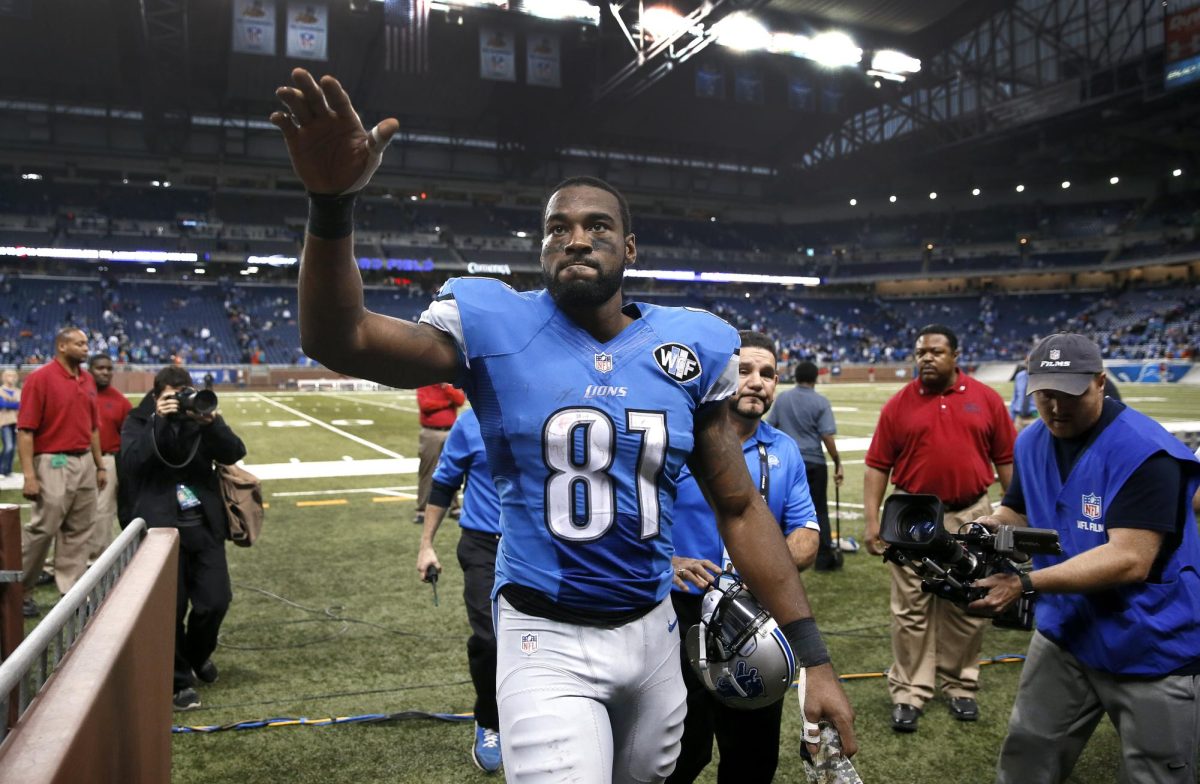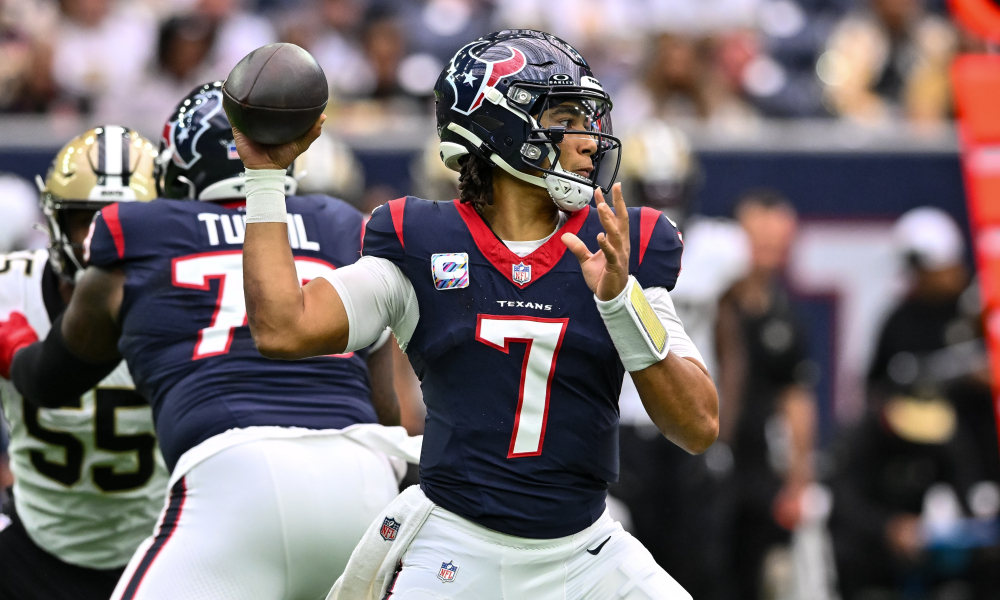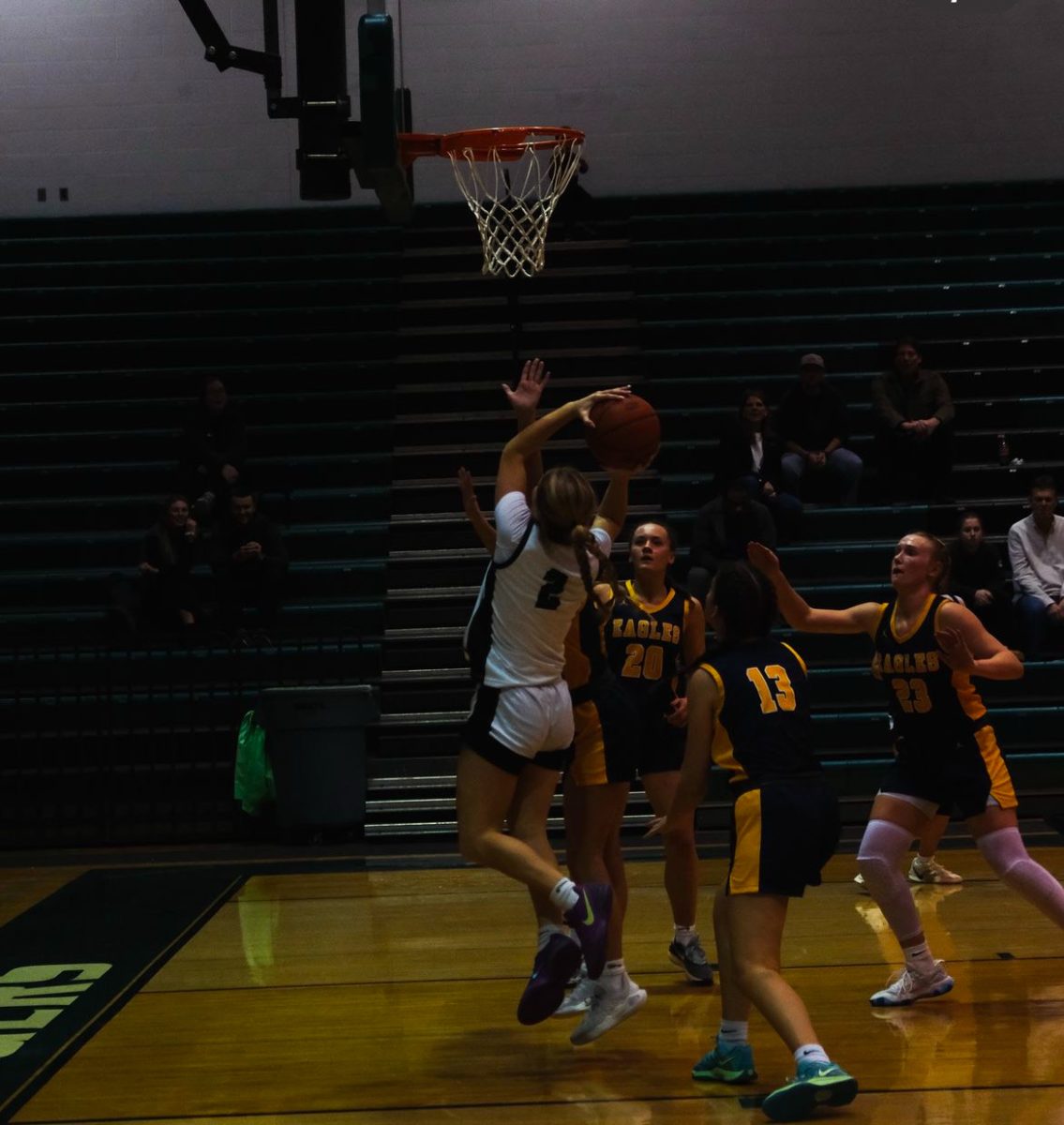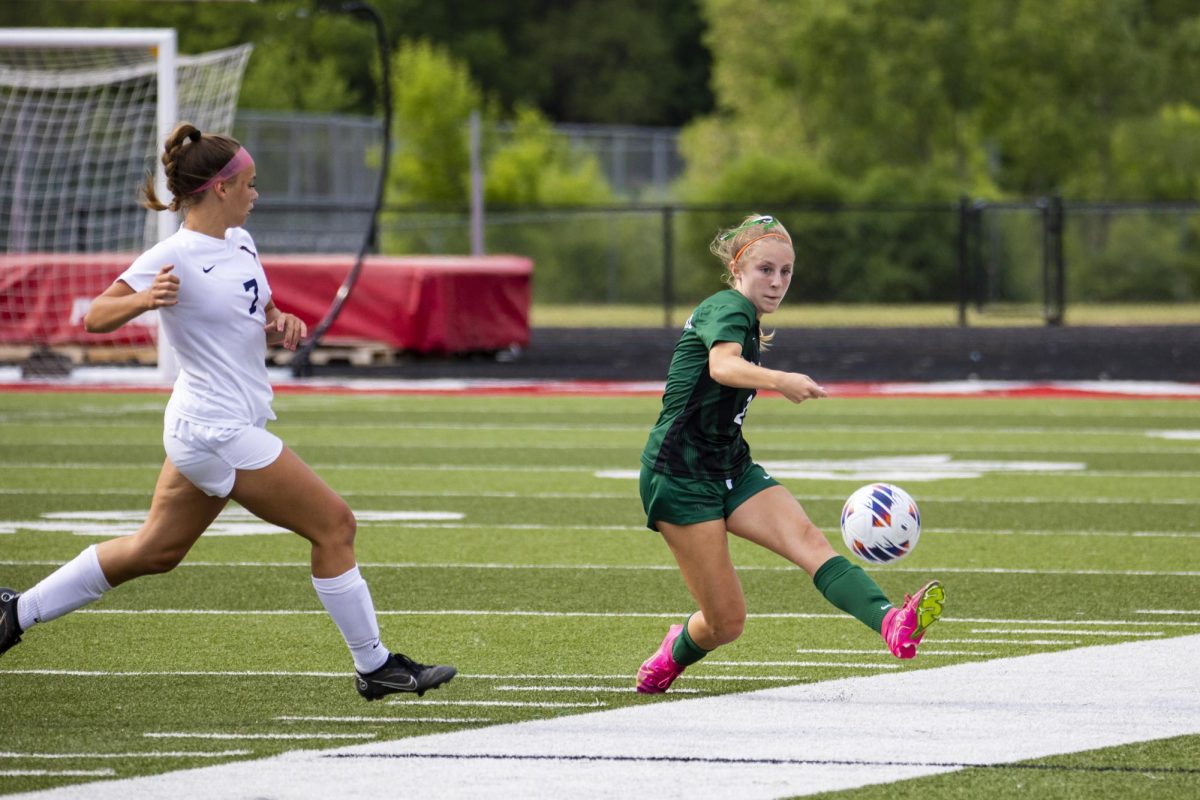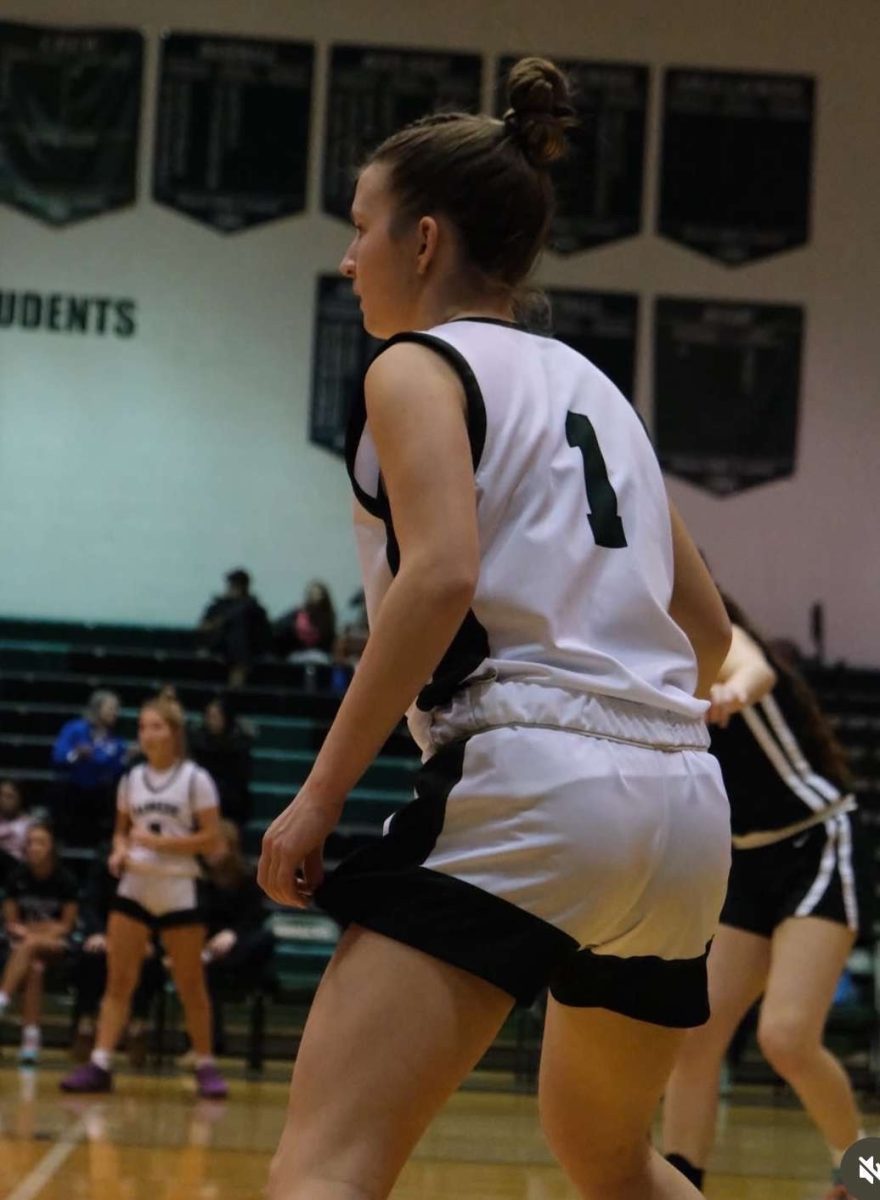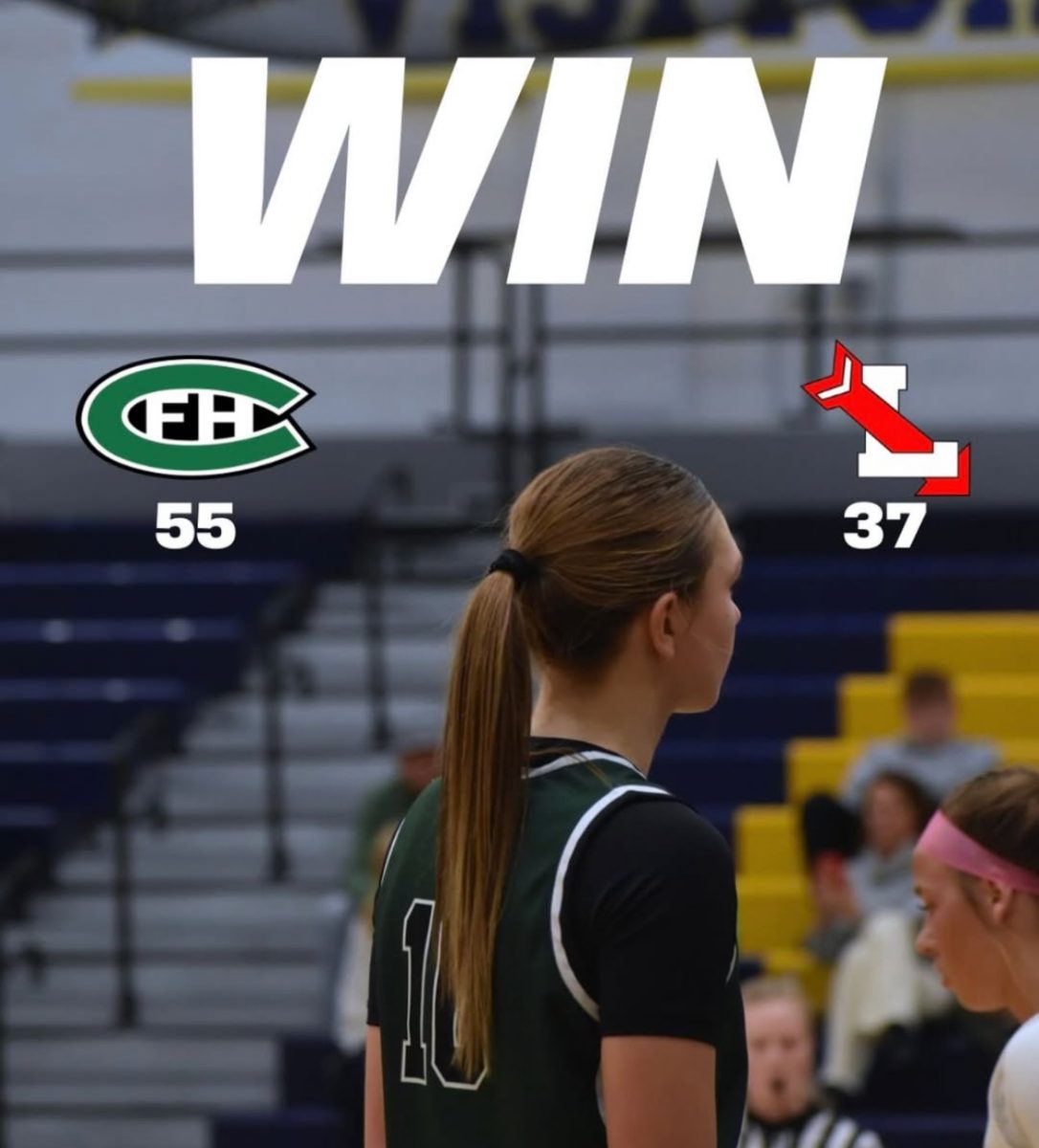If you’re anything like me, you’ve likely seen videos of France’s outfits for their 2024 Olympic athletes circulating. The sheer meticulousness and thought put into them is so impressive, especially how they were presented; the photographers used shadows, dirt, and an array of poses to illustrate these uniforms beautifully. That inspired me to write this column, where I’ll delve into the upcoming Paris Olympics, sports and sport history in France, and their population’s general wellness habits.
France is famous for tennis, cycling, fencing, and football (soccer.) They are known to hold some of the most well-known sporting competitions, such as the French Open (tennis) and Tour de France (cycling.) These tournaments attract millions of visitors every year, considerably boosting France’s standing as one of the sporting capitals of the world. As France holds these tournaments, these sports (cycling and tennis) are quite popular among the general population there. Fencing, a sport more famous in Europe than in the West, first appeared in France in the 17th century. Its popularity has continued to present day, and France has produced many famous fencers, notably Daniel Revenu and Lucien Gaudin. France also boasts an accomplished soccer team, with captain Kylian Mbappé.
Paris has been a common place to hold the Olympics since its creation. Paris has hosted the Olympics in 1900, 1924, and now in 2024; they are the second city to hold three Olympic Games. Paris is well-equipped to host large sports tournaments due to their extensive public transit network and the many large arenas that can hold a variety of competitions. About 95% of the infrastructure needed for the Olympics was already built, according to Bloomberg. Paris being a favored city for the Olympics only enforces the sports culture in France.
The excitement for the 2024 Olympics grows globally; Paris is doing a lovely job of promoting the Olympics. The logo is adorable—they are red triangle-shaped mascots called the Phryges, which have historically represented freedom in French history. They are personified, with their own eyes and mouth, and are said to have their own personalities. How cute! The Olympics’ website has an article on solely the mascots and their significance.
France’s uniforms also captivate me. Designed by Stephane Ashpool, a notable French streetwear designer, the uniforms capture national pride, combining the colors of their flag while remaining cool and classy. According to stylecaster, Ashpool made sure to ask the Olympians themselves what they desired in a uniform, to which they responded: “‘We want to look good, we want to look fresh, and we want to look cool. If we feel we look good, that will boost our confidence—and this in turn will maximize our performance.'” I think Ashpool pulled this off perfectly—for a look at some of the uniforms, look at the image attached to this article, which also highlights the plays on shadow and light enacted by the photographers.
I am very excited to watch the Olympics this year, especially as they are held in a city full of vibrant life and history (I’ve been to Paris before and it was beyond beautiful.) Get excited; it begins on July 26!



